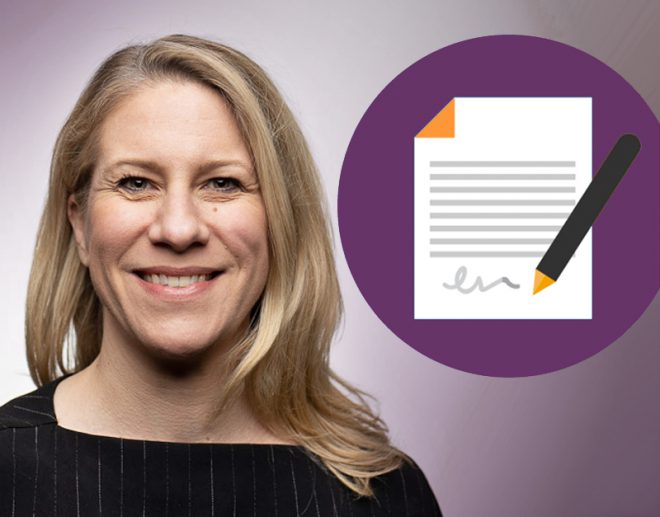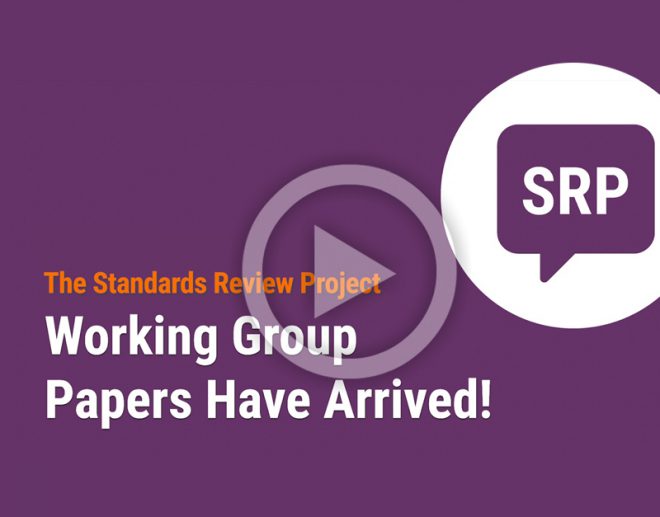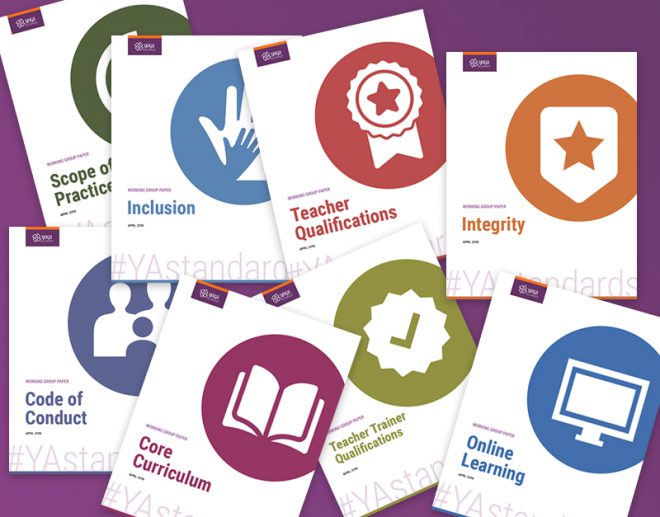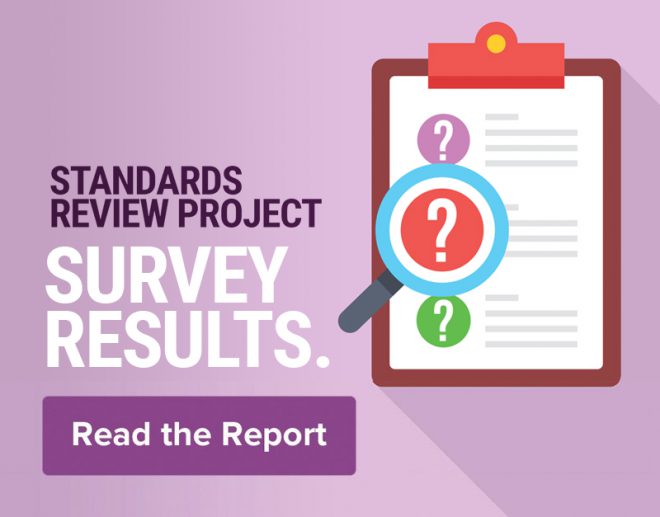A September Update on the Standards Review Project
In January, Yoga Alliance kicked off the 2018 Standards Review Project—a comprehensive and inclusive review of our 18-year old yoga teaching standards—with the intention of using the entire year to solicit as much information as possible, from as many sources as possible, to guide the evolution of the standards. This critical project is designed explicitly to help support public safety and to elevate skillfulness in the field of professional yoga education.
Our Intention
The Standards Review Project is also intended to restore some balance to a field that has expanded quite rapidly in ways that few could have foreseen in the early days of modern yoga. We have heard the concerns of our members and others in the field, and aim to do our part to enhance the standards that have become widely adopted around the world.
The Vedic era rishis (seers) of India – who are said to have seeded the teachings of yoga – were likely farmers who saw the human condition as intricately tied to the forces of nature. Today, yoga educators and practitioners are also subject to powerful natural and human-made forces inside and outside of our control.
When in a balanced state of order (Sanskrit: rta pronounced reeta), nature creates thousands of fruits from a single seed and inner peace and outer prosperity are made possible through this balance. When nature’s rhythms are disrupted or interfered with, imbalances can occur. The rishis considered it the responsibility of every person to align themselves with the forces of nature and to act in ways that helped maintain its healthy order.
In this spirit, YA is seeking to rebalance things, with smarter, more up to date, and more attuned standards to meet the needs of contemporary teachers and practitioners. We believe the role of yoga teachers and schools is to uplift and support communities in finding health, healing, and connection and that YA can play a small role in supporting those teachers and schools. One key way to do that is to evolve the teaching standards in a responsible manner.
The Schedule
The project is roughly divided into three parts:
- Information Gathering (January 1, 2018 – December 31, 2018)
- Synthesis and Integration (January 1, 2019 – March 31, 2019)
- Implementation (April 1, 2019 – December 31, 2019 and beyond)
As we near the end of the information gathering phase (1), we want to share our progress so far and discuss next steps. Information, diverse opinions, and data have been gathered through five primary feedback mechanisms:
- Advisory Groups: Expert committee teams focused on writing recommendation papers on eight (8) key areas of inquiry (Code of Ethics, Scope of Practice, Integrity, Inclusion, Core Curriculum, Teacher Standards, Teacher Training Standards, Online Learning).
- Survey: A Public survey open to members and non-members, this now appears to be one of the largest surveys of yoga professionals and practitioners ever done.
- Public Comment: All comments, advice, and criticism coming in to YA via e-mail and phone have been tracked to ensure acknowledgment of trends and priority concerns/opportunities.
- Listening Tour/Events: YA leadership and staff have traveled to hear directly from constituents and critics in public forums.
- One-On-One Dialogue and Research: YA leadership has done extensive outreach to leading yoga teachers and thought leaders, other not-for-profit and for-profit yoga organizations, large schools, independent studio owners, and experts outside of our field to better understand the best pathways to the evolution of the standards.
We will continue gathering information through the end of the year and beyond to ensure your voices are heard and properly represented.
So what are the immediate next steps?
- Survey Results: On September 12, we will publish the results of the survey and open the doors to an additional public comment period on the results. This exercise is intended to include the feedback from those who did not take the survey so that we continue to see a well-rounded picture of diverse perspectives.
- Virtual Town Halls: In October and November, YA leadership will hold a series of online Town Halls to discuss the survey results and solicit feedback.
- Listening Tour: Leaders will continue to hold events in the U.S. and abroad to have direct contact with those who want to participate in the process.
- Advisory Group Recommendations: In December, we will publish all eight Advisory Group recommendation papers along with Yoga Alliance feedback on those reports.
- Small Committee Work: Additional expert committees will be formed in December to review Yoga Alliance recommendations (e.g. Independent Yoga School Committee, Large School Committee, Inclusion & Access Committee, etc.)
Information on how to apply for a committee or get involved in other ways will be posted on the yastandards.com website in the near future. Please check that site regularly for updated information.
Finally, we intend to have formal recommendations to present to our members for public comment in early 2019.
In Gratitude
As yogis in perpetual self-inquiry, let’s collectively allow that no process, system, survey, feedback mechanism, individual, organization, tradition, lineage, or style is – or ever was – perfect. We acknowledge the imperfections in the Standards Review Project process we have set forward. Pleasing all YA yoga teachers in 149 countries is likely not an attainable outcome. However, we know that for the first time in modern history, people from countless traditions, backgrounds, beliefs, cultures, perspectives, and viewpoints are coming together to help evolve the standards. That is something to celebrate and support. The quality of our work will be largely dependent on the quality of information we receive from yogis around the world and we are grateful for all of those who have participated and all of those who want to help still. Thank you for taking part, and please check in to the yastandards.com website for additional updates.





